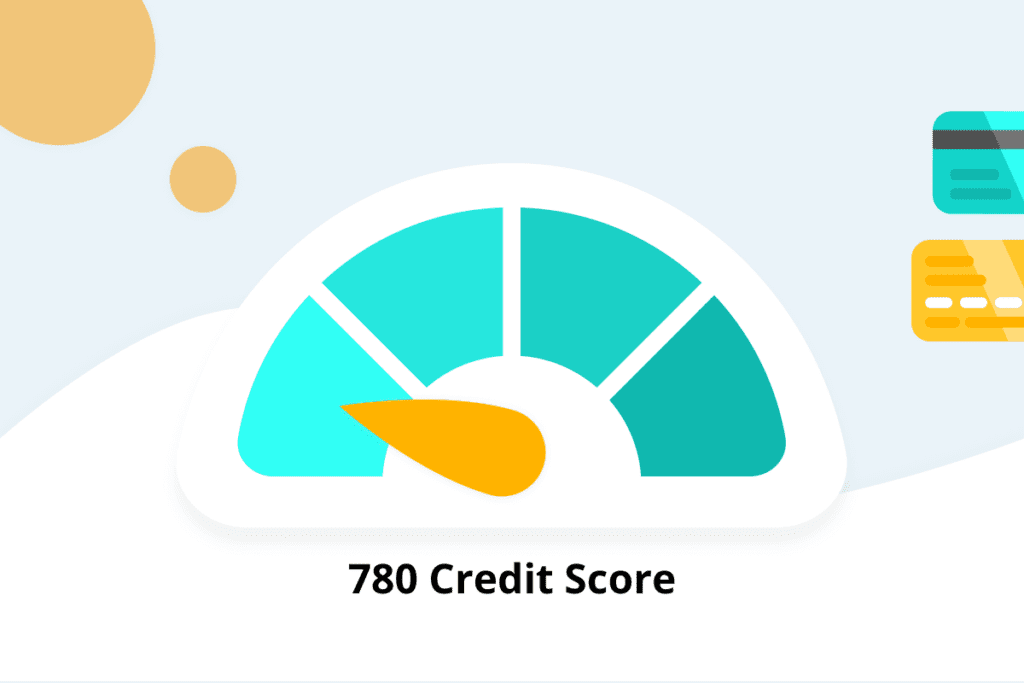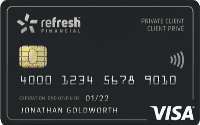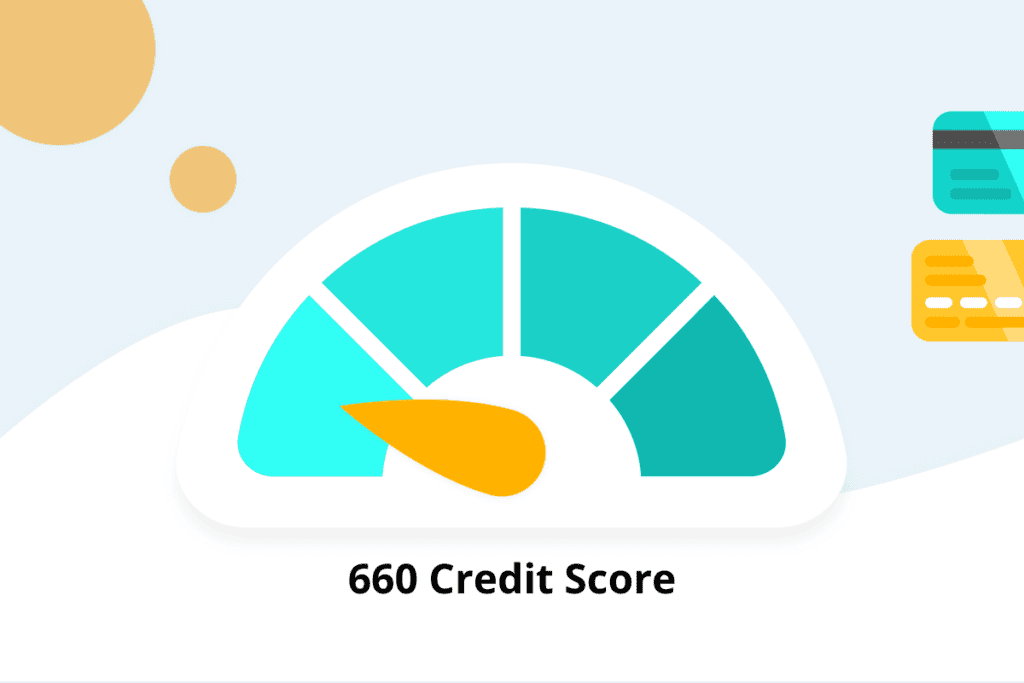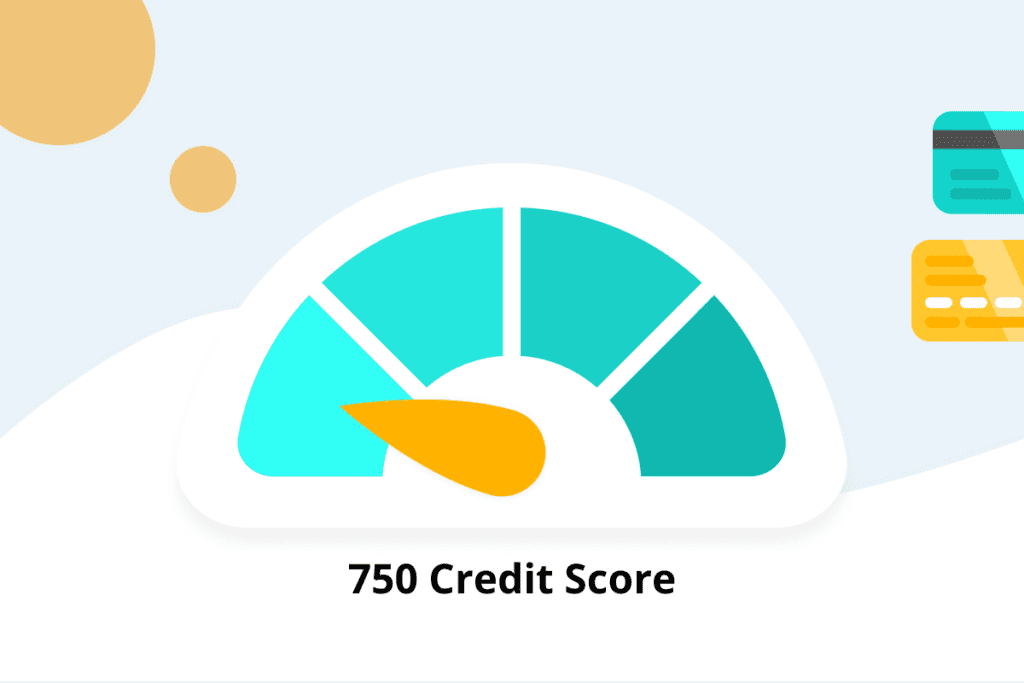
In Canada, a 780 credit score is considered very good, and just 20 points shy of that coveted 800 score. Your credit score is significant in accessing loans and other financial benefits, and it plays an important role in securing a loan for things like a car or house.
Even getting a cell phone plan or renting an apartment requires good credit. That's why ensuring your credit score gets as high as possible is crucial to your financial wellbeing.
The definition of good credit can differ from lender to lender, and even between the credit bureaus. So what are the benefits of a 780 credit score? Here's what a 780 credit score means in Canada, how it impacts you, and tips to boost it higher for better financial perks.
- What is a credit score?
- How is a credit score calculated?
- #1. Payment history: 35%
- #2. Revolving debt: 30%
- #3. Length of credit history: 15%
- #4. New loan applications: 10%
- #5. Public records & credit Mix: 10%
- What does a 780 credit score mean?
- What are the credit score ranges?
- How to get a 780 credit score
- How to get an excellent credit score
- #1. Keep your credit utilization low
- #2. Don’t apply for new credit often
- #3. Make payments early
- #4. Keep your old credit accounts open
- #5. Mix up your credit
- Benefits of having an excellent credit score
- Conclusion
- FAQs
What is a credit score?
A credit score is a three-digit number on a scale of 300 – 900 that tells potential lenders how likely you are to pay them back as agreed. Your credit score is determined by your borrowing history like how old your credit accounts are, payment behaviour, how much debt you have, and other information.
A credit score is a function of the information on your credit report. That information is collected, stored, and used by credit bureaus to calculate your score. Lenders such as banks use your credit score to decide whether or not to lend to you, and how much to lend, and at what interest rate.
Banks aren’t the only ones that check your credit. Other interested parties like insurance companies, cell phone and internet companies, some government departments, and even landlords might consider a person’s credit score before dealing with them.
In Canada, credit scores range from the poorest score of 300 to the highest score of 900. The higher the score the better because it tells lenders you are able to manage credit and pay them back as agreed.
A low score does the opposite; the lower the score, the more likely you are to default and cause the lender a loss, making them less likely to do business with you. Therefore, it is important to maintain your 780 credit score.
How is a credit score calculated?
There are several factors used when calculating your credit score. While Equifax and TransUnion use a slightly different scoring methods, both of them use the following variables:
#1. Payment history: 35%
Your payment history accounts for 35% of your total credit score. On-time payments are good and build a positive score over time, while late or missed payments will hurt your credit score.
#2. Revolving debt: 30%
This is not a measure of all the debt you have. This is the amount you owe specifically on your credit cards and lines of credit (LOC), and accounts for 30% of your credit score.
This type of debt is referred to as your credit utilization ratio; it measures how much credit you have access to based on the total credit limits on your cards and LOCs, and how much you have already used based on your balances owing.
#3. Length of credit history: 15%
The age of your credit file itself and the average of your credit accounts makes up 15% of your total score. A new credit file naturally has a lower credit score because there is not enough data to tell creditors how well you manage credit over the long term.
Your score will improve as your credit file and credit accounts age, as long as you make your payments on time and practice other good financial habits, like not carrying high balances on your credit cards. The older the credit file, the more information lenders have about your habits.
#4. New loan applications: 10%
Every time you apply for a new loan or credit product, the lender will do a hard credit check by requesting your credit file from a credit bureau. A hard credit check is also called an “Inquiry” and is recorded on your file. A few inquiries spread out have a minimal impact on your credit score, but several inquiries in a short time will hurt your credit score.
#5. Public records & credit Mix: 10%
Public records and the different types of credit accounts you have account for up to 10% of your score. Public records are bad things that hurt your score, like bankruptcy or accounts that have been sent to collection agencies. Your credit mix shows how diversified your accounts are across things like personal loans, credit cards, a mortgage, lines of credit, a student loan, etc.
What does a 780 credit score mean?
If your credit score is 780, you should pat yourself on the back. According to Equifax, a credit score of 780 falls within the range of a very good score. Such a high score means you have consistently made good financial decisions, including making all your debt payments on time and not racking up a lot of credit card debt, among other things.
A 780 credit score unlocks more financial benefits like easier approval for loans and lower interest rates. Although a credit score of 780 is not excellent, it will attract better deals for you.
Having a score of 780 will give you almost the same benefits as an excellent score, but scoring more points is still something you strive for. The closer you are to the perfect score, the easier it becomes to get bigger loans, favourable terms, lower rates, and better perks.
What are the credit score ranges?
There are different credit scores, and they are classified into five groups known as ranges, from the worst scores to the best. We've already pointed out that 780 falls under the “very good” score, but where do the others fit into credit score ranges and what does it mean for borrowers?
The table below explains the different credit score ranges:
- Excellent: 800-900
- Very Good: 740-799
- Good: 670-739
- Fair: 580-669
- Poor: 300-579
How to get a 780 credit score
There are different ways you can achieve an excellent credit score, but these are some of the key factors to consider. Even if you currently have an excellent credit score, this is still good information if you want to achieve the holy grail of scores – 900!
Pay attention to your utilization ratio
Keep a close eye on how much you owe on your credit cards and lines of credit. The more you owe, the more it hurts your score. You can calculate your credit utilization ratio by dividing your credit card or line of credit balance by the credit limit. You should ensure that you keep your utilization below 30%. Once you use more than 30% of your available credit, it starts to negatively impact your credit score.
Keeping a low credit card balance, or no balance at all, and having high credit limits are two methods to help reduce your utilization ratio. Suppose you want to maintain a low credit utilization ratio; you can speak to your credit cardholder to increase your credit limit, but also know that this might result in a hard credit check on your credit report, known as an inquiry, to determine if you are eligible.
If your credit utilization ratio is high and you want to apply for a new credit card, try clearing as much of the debt on your existing credit cards as possible before you apply. Clearing your debts can increase your credit score before you make a new credit application.
Read More: How to Pay Off Debt with the Snowball Method or the Avalanche Method
Never miss a payment
Your payment history is the most important part of your credit score. One late or missed payment can cause severe damage. If you’re trying to build credit or boost your score, you must stay consistent in making every single bill payment on time without fail.
Don’t close old accounts
Another factor that influences your credit score is the age of your credit accounts. Closing something like a credit card or line of credit account reduces the overall age of your credit history. The older the account, the more it hurts your score if you close it. Keep old accounts open, even if you don’t use them, to maintain your credit score and build it higher over time as the account gets older.
How to get an excellent credit score
A 780 credit score is considered very good, but you can still do better. Here’s how to get to an excellent credit score, or at the very least, maintain the one you have now so it doesn’t drop.
#1. Keep your credit utilization low
Customers who have successfully built their credit scores to the 800s use a small portion of their credit balance, and it is advised not to use more than 30%. The lower you keep your credit utilization ratio, the more it benefits your credit score.
For instance, using only 5% of your available credit will have a stronger positive impact on your credit score than if you use 25%. The best practice is to pay off your credit card and/or line of credit balance in full before the statement date so that the balance does not report to the credit bureaus.
Remember that rebuilding or improving your credit score is not instantaneous; it takes discipline to consistently engage the points mentioned above.
#2. Don’t apply for new credit often
Applying for another credit card or a new loan will result in a hard credit check, called an inquiry in your report. Inquiries can negatively impact your score. The effect of a single hard inquiry on occasion is minute, but having too many hard inquiries in a short time will damage your score. It indicates financial distress, making you a riskier person to lend to.
While it's not wrong to apply for loans and other credit products, remember that it will leave a hard inquiry on your credit report, which may cause your credit score to dip temporarily.
#3. Make payments early
Making timely payments can't be over-emphasized and bears repeating. Paying your bills and debt obligations on time is important to boosting your credit score and maintaining its excellence. Ensure you do what is necessary to make consistent, timely payments.
#4. Keep your old credit accounts open
Keeping old credit is good for your credit score. Even if you're not using some of your old accounts, still keep them open. We have already established that a long credit history is good for your score.
So, keep your credit accounts open and manage them properly if you end up using them. If you wish to close an account, try to close newer ones instead, if possible.
#5. Mix up your credit
A mixture of different types of credit such as: car loans, mortgages, credit cards, and personal loans, can help you maintain and even improve your credit score. Lenders like to see you can handle different types of credit that come with different responsibilities, terms, and obligations.
Benefits of having an excellent credit score
If you have an excellent score, you stand a big chance of receiving some of the best marketing offers. Lenders consider different factors when consumers apply for a loan or other credit products. An excellent score gives you more possibility of being approved for loans at a low-interest rate.
Excellent credit helps you qualify for better financial products like premium credit cards, mortgages with the lowest rates, and auto loans with the best terms, to name a few. Having an excellent credit score is not a guarantee for loan approval, but it puts you in a favourable position in the eyes of lenders.
They see it as a good indication that you pose less risk to them. Therefore, they are confident you will pay as agreed and are far less likely to put you through the stress of requiring a co-signor or security deposit.
Conclusion
Your 780 credit score can qualify you for some of the best credit cards, mortgages, and loans. You may be satisfied with your high score of 780 and see no financial reason to go even higher. But it may also give you a feeling of accomplishment to see your hard work pay off, knowing the process it took to get a credit score in the region of 800 and above is quite an accomplishment.
If you aim to reach a perfect credit score of 900, it would be a good suggestion to consider setting up an autopay that allows you to offset your credit card balance before its due date. Also, consider keeping your old credit cards open, even if you don't use them frequently.
FAQs
A credit score of 780 is a “very good” score and falls within the range of 740-799. With a credit score of 780, you can easily get approval for loans and mortgages at better rates. If your credit score is below 780, try to improve it.
The methods of increasing your credit score are always the same. If you do well enough not to spend beyond your credit limit, pay your bills on time, maintain a good credit history, and diversify your credit, your credit score will improve.
A credit score of 780 puts you very close to the top tier of excellent credit scores, which is better than a “good” score range. A credit score of 780 proves your track record of meeting your financial obligations as agreed and that you are not overindebted, which opens more possibilities for you.





















About The Author: Arthur Dubois
Passionate about personal finance and financial technology, Arthur Dubois is a writer and SEO specialist at Hardbacon. Since his arrival in Canada, he’s built his credit score from nothing.
Arthur invests in the stock market but doesn’t pay any fees because he uses National Bank Direct Brokerage online broker and Wealthsimple’s robo-advisor. He pays for his subscriptions online with his KOHO prepaid card, and uses his Tangerine credit card for most of his in-store purchases. When he buys bitcoins, it’s with the BitBuy online platform. Of course it goes without saying that he uses the Hardbacon app so that he can manage all of his finances from one convenient place.
More posts by Arthur Dubois